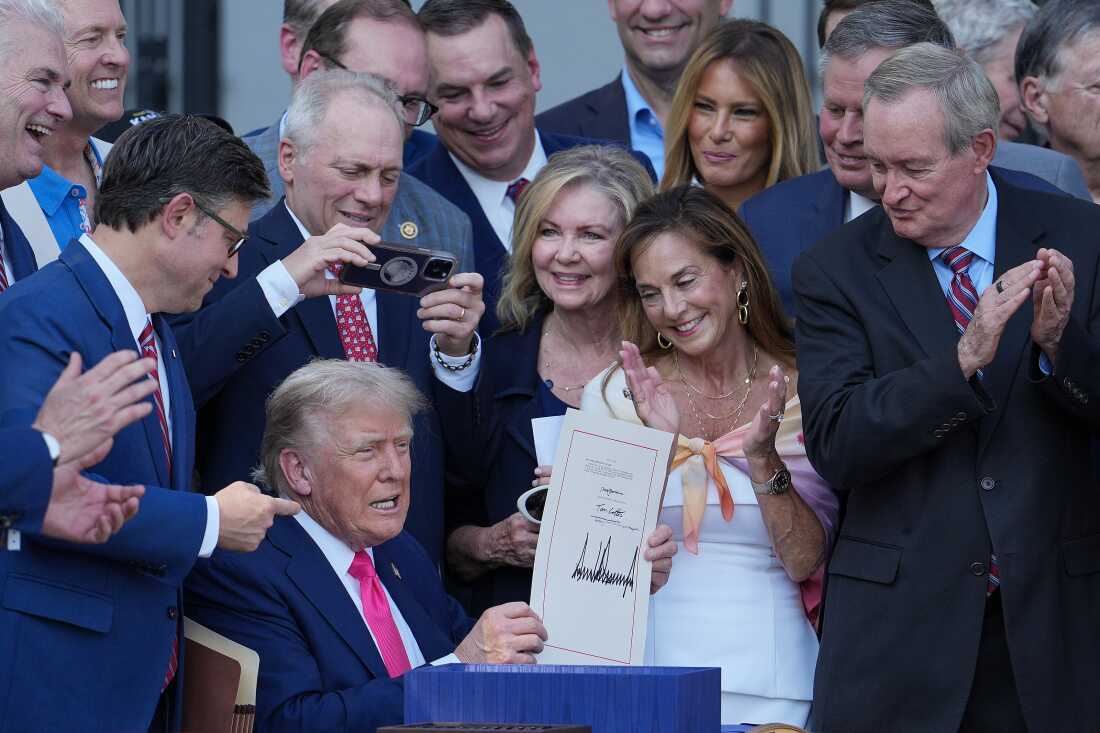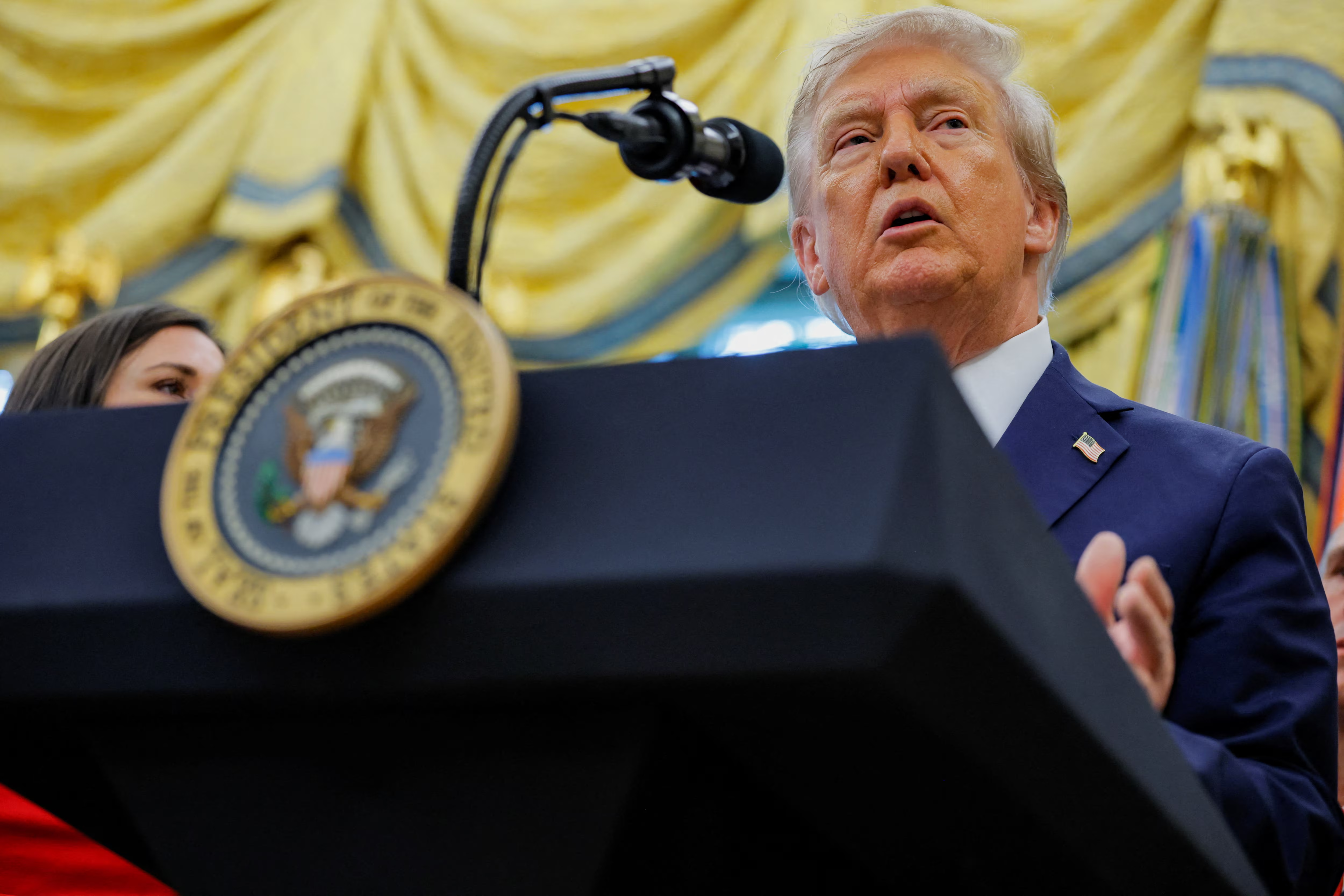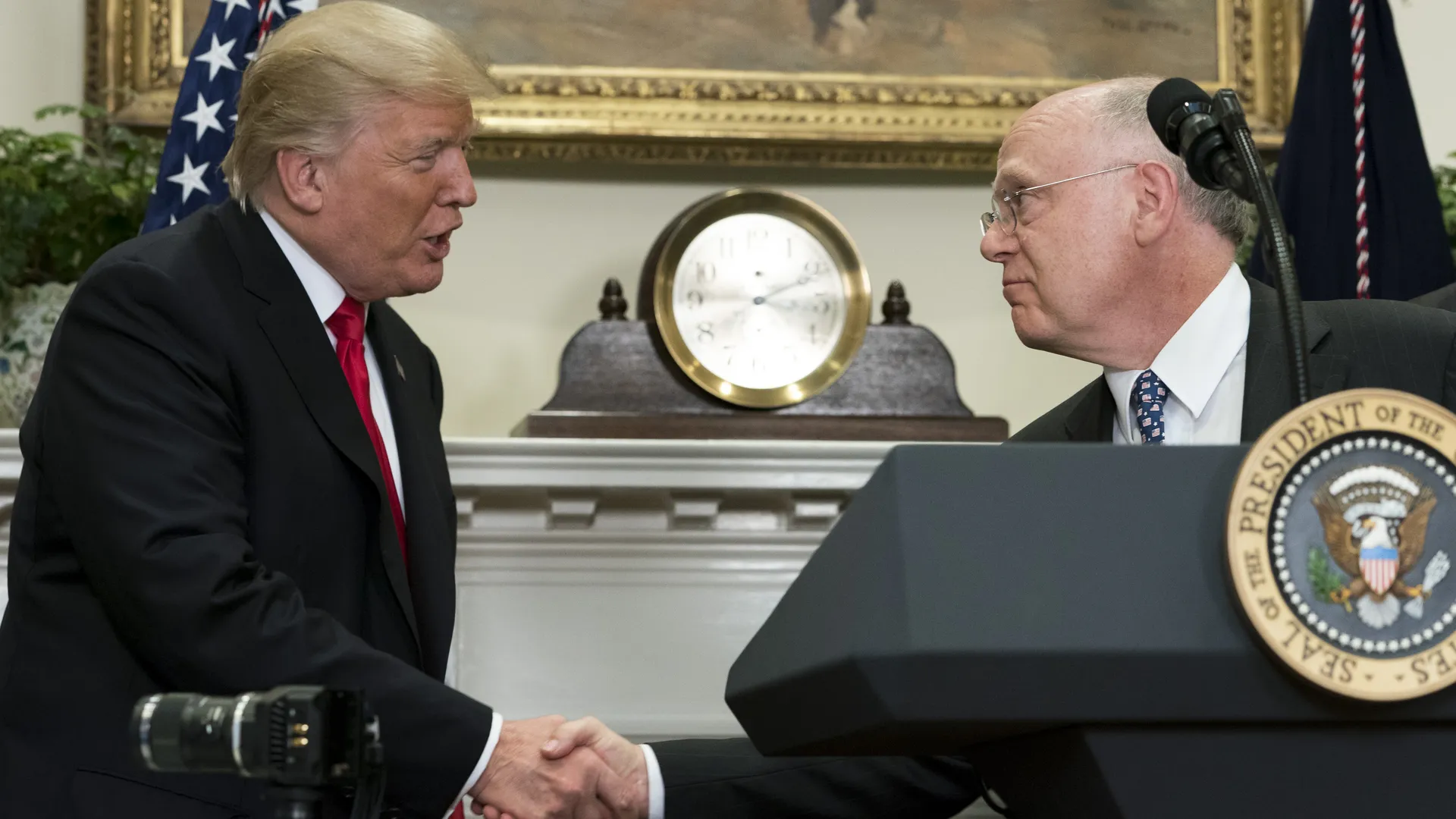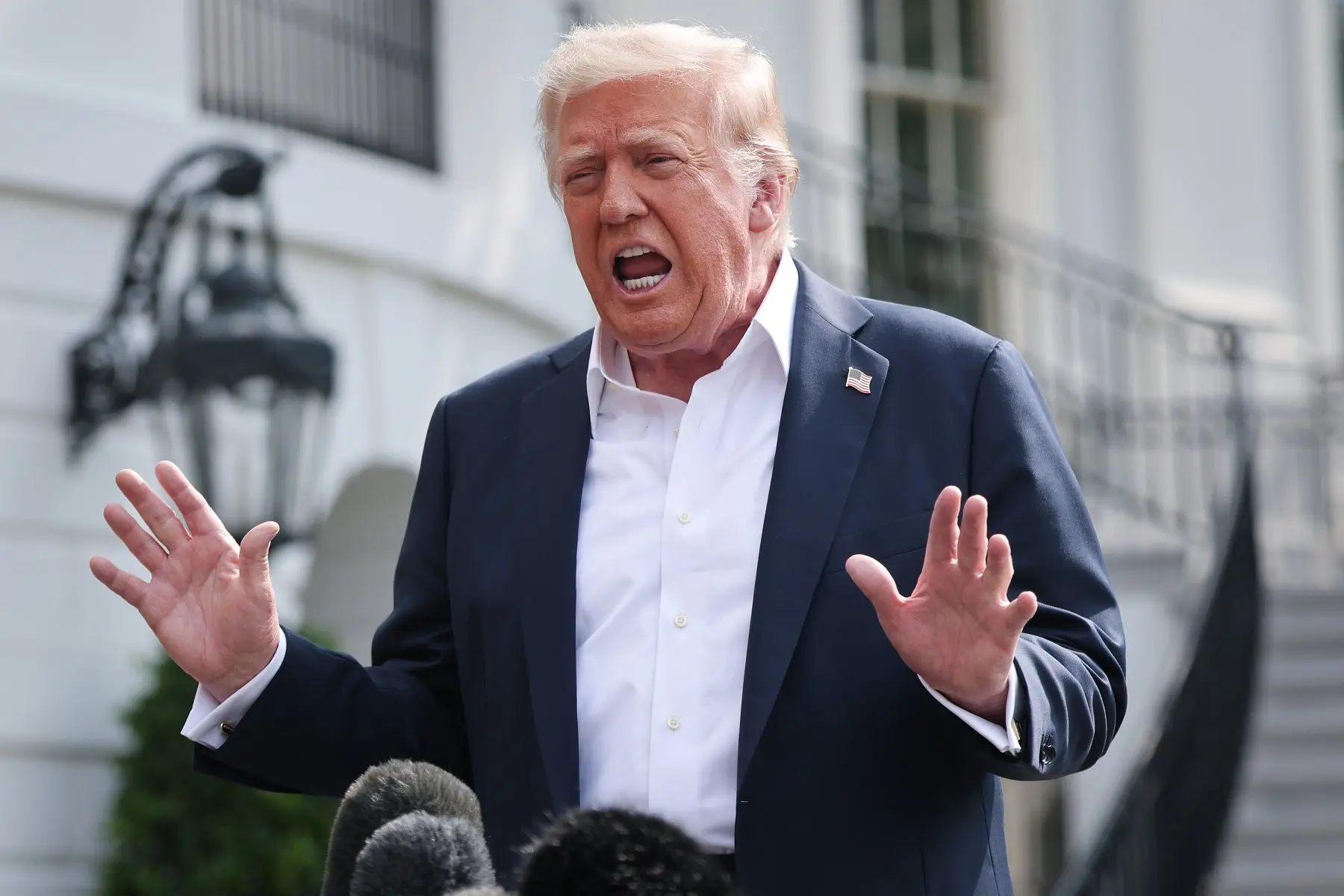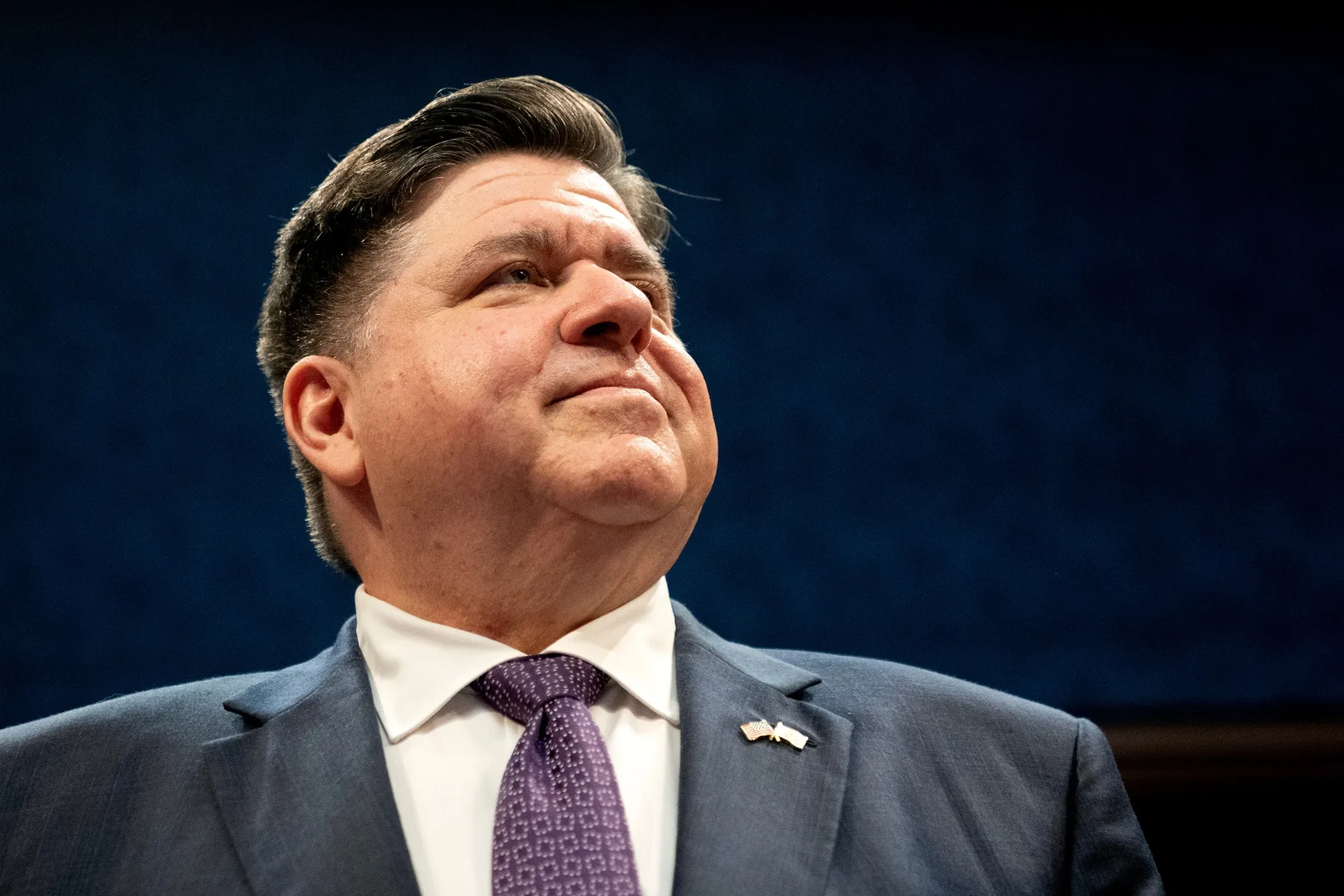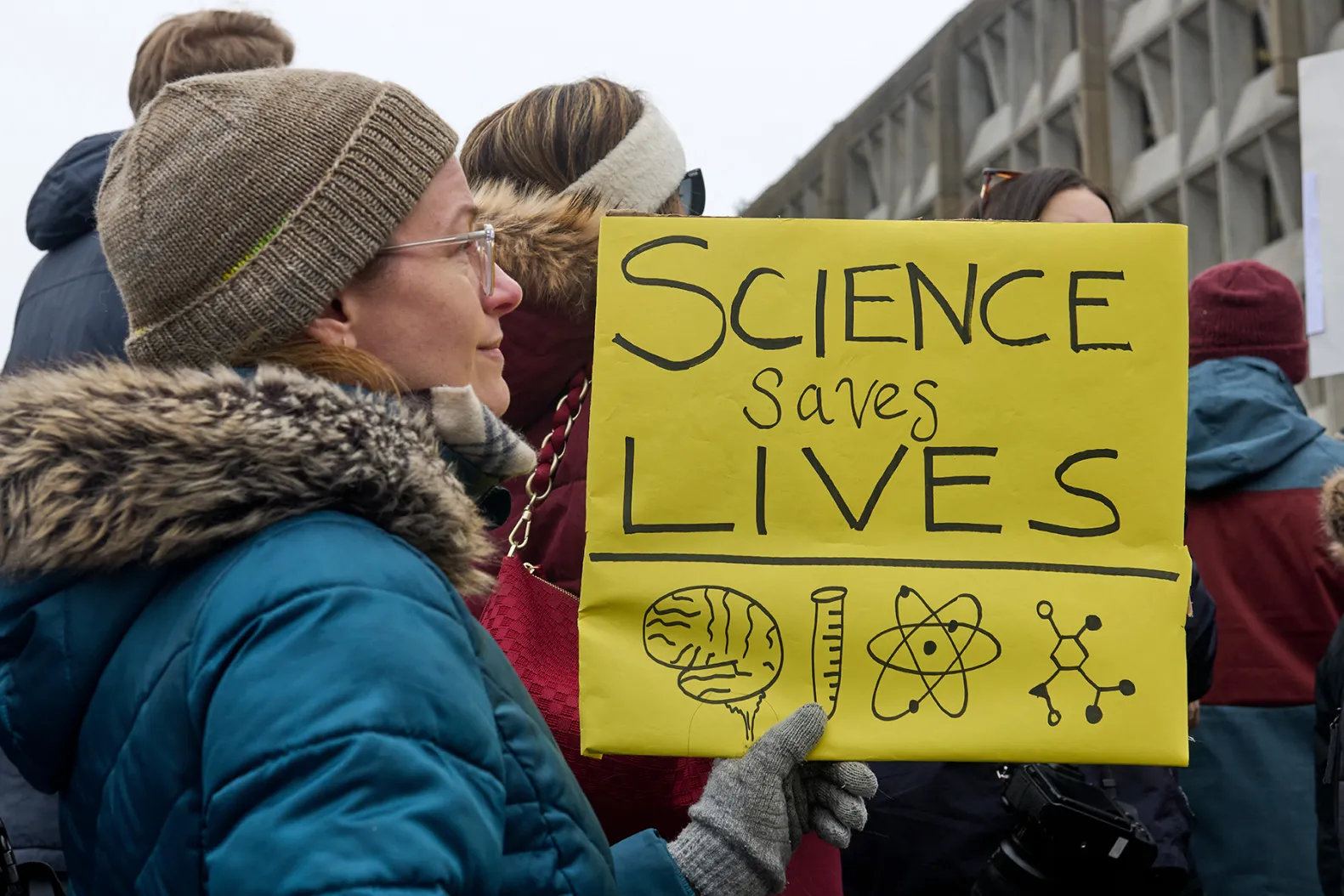
The Centers for Disease Control and Prevention confirmed that several career public health scientists have been “reorganized out of place”—otherwise known as a purge. According to lawyers for ousted director Susan Monarez, she was removed because she insisted on safeguarding scientific methodology and expert counsel rather than rubber-stamping demands from Health and Human Services Secretary Robert F. Kennedy Jr. to upend vaccine policy “without the messy input of career professionals.”
Monarez, notably the shortest-serving CDC director in recent memory, was appointed just a month ago. Her sin? Pressing pause on sweeping changes to COVID-19 vaccine recommendations—including eligibility for children and pregnant people—until they underwent proper scientific review. HHS, apparently believing that “consulting experts” is the root of all inefficiency, decided she was solved simply by firing her.
In a fresh twist on “shake-up,” four senior officials promptly resigned instead—Drs. Demetre Daskalakis, Debra Houry, Daniel Jernigan, and Jennifer Layden—all citing concerns that science was being sacrificed on the altar of political theater. Daskalakis’s particularly fiery resignation letter denounced the erosion of scientific integrity and transparent data, and lamented the silencing of expert discourse amid sweeping policy rollbacks.
The ripple effect extended further: back in June, RFK Jr. dismissed the entire 17-member Advisory Committee on Immunization Practices (ACIP), replacing them with hand-picked appointees. Critics described the move as “undermining decades of trust” in public health infrastructure. Among those removed from the ACIP was Dr. Julie Boom, a pediatric expert with decades of experience and a strict ethical stance against pharmaceutical funding. Her dismissal prompted warnings that vaccine infrastructure could be compromised.
Meanwhile, independent medical associations like the American Academy of Pediatrics, the AMA, and others have been uninvited from previously open scientific discussions—replaced by “experts” whose expertise is apparently measured by alignment with political messaging rather than scientific credentials.
Amidst the turmoil, editorialists and public-health advocates warned that dismantling institutions, muzzling experienced professionals, and sidelining evidence-based oversight would leave the agency—and by extension, the nation—vulnerable to disease threats and misinformation. Some reports ominously noted that this purge comes amid a broader rollback of public health infrastructure and post-pandemic staffing cuts.
